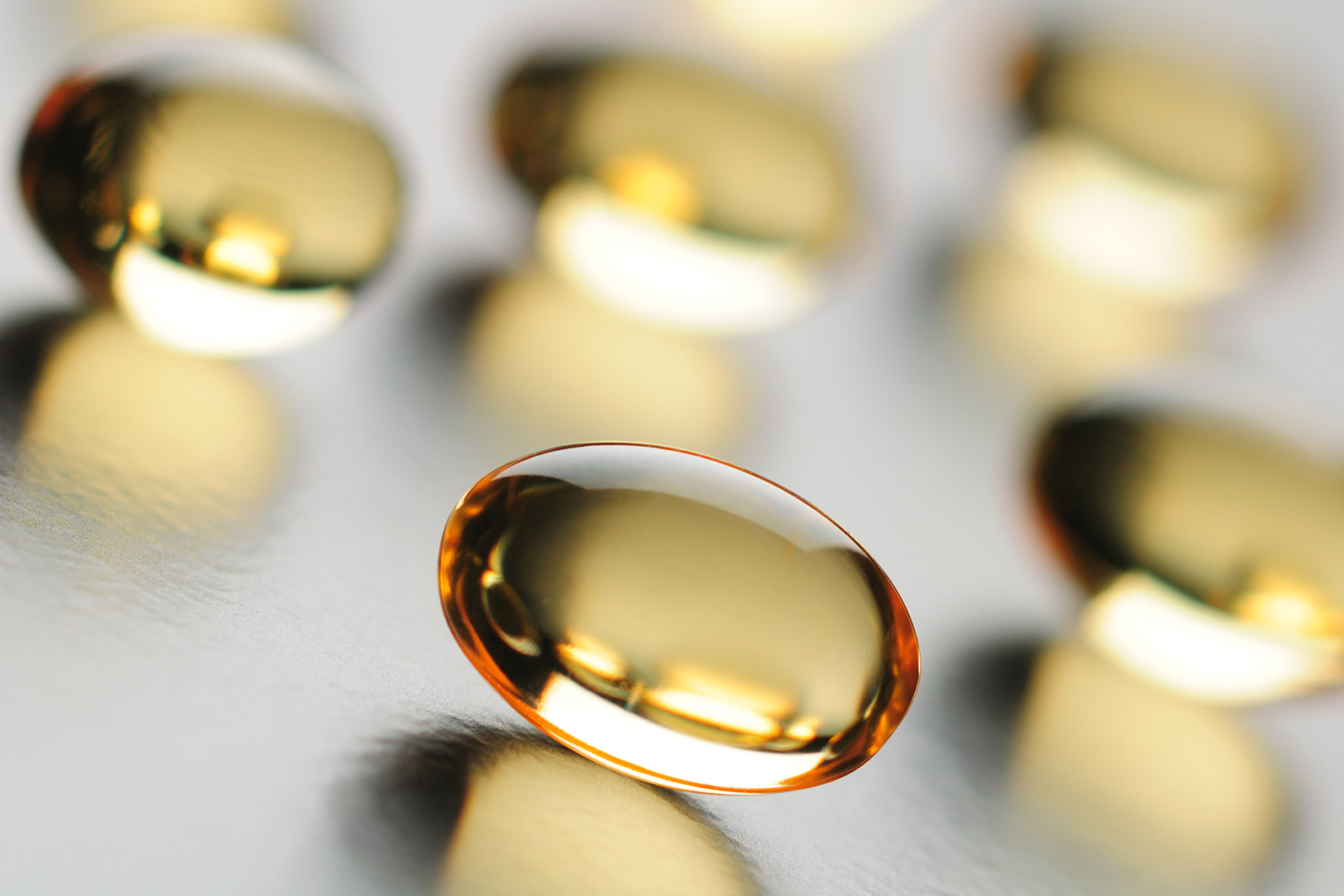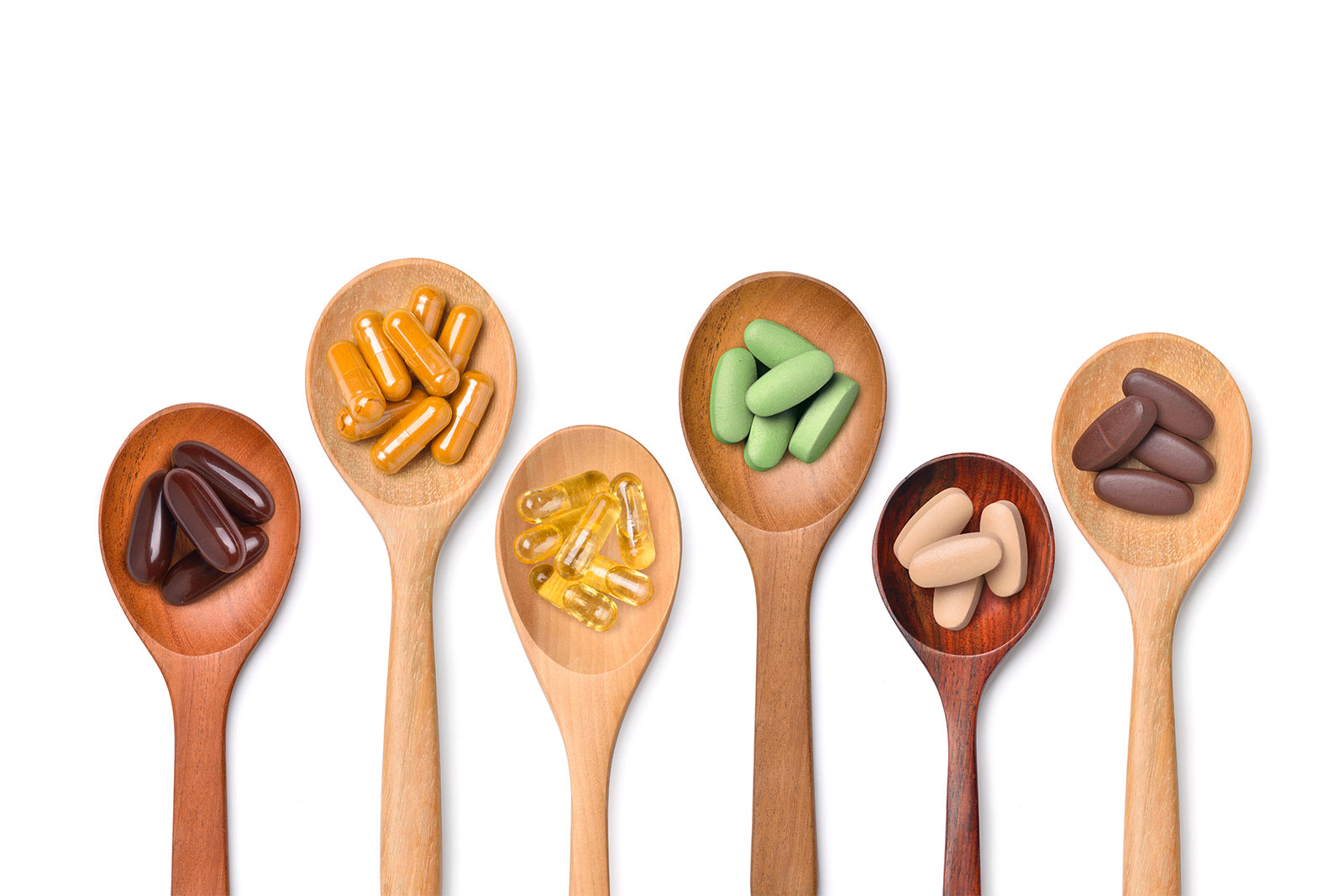Why Supplement Quality Matters

- Many people do not get sufficient nutrients from food alone and use supplements to help meet nutrient demands
- The prices of supplements can vary significantly based on their molecular form, purity, sustainability, and the manufacturing methods used
- Third-party testing helps ensure supplements are of high quality, and contain the nutrients they claim without unwanted toxins
If you’ve ever shopped for nutritional supplements, you’ve probably wondered why the prices tend to vary so much across brands. Why, for example, does a bottle of multivitamins from one company cost sometimes three times as much as a bottle of multivitamins from a different company? Are you simply paying a bougie tax for the high-end brand or is there more to it?
There’s actually a lot more to it. (Like, a lot more). In fact, depending on the forms of ingredients used, dosages, and overall product formulations, two similarly sized bottles of the same nutritional supplement can actually provide very different benefits and amounts of viable nutrition.
In this article, we’ll review a number of reasons why the quality of your supplements matters, and what to look for to make sure your money is well spent. To begin, let’s discuss why supplements have a role in optimal wellness in the first place.
Why Take Supplements?
Experts agree that the best way to get the nutrients we need is through food; however, this simply may not be as feasible for everyone as it once was. While a well-balanced diet may have provided sufficient vitamins and minerals a hundred years ago, changes to the way we live and farm mean the nutrient contents of our food are decreasing as the nutrient demands of many are increasing.1–3
Here are just some of the factors making it difficult to get sufficient nutrition from diet alone:
1. Modern-day agricultural and food manufacturing processes
- Industrialized agricultural practices mean poorer soil and a decrease in the nutrient contents of foods 1,4
- Food storage, transport, and refinement processes can negatively impact nutrient levels5
2. Use of certain medications
- Long-term use of pharmaceutical and over-the-counter medications can deplete nutrients or prevent nutrient absorption in the body6
3. Increases in environmental pollutants and oxidative stress
- Everyday exposure to environmental toxins (e.g., pesticides, air pollution) leads to increases in free radical exposure, and thus an increase in the amounts of antioxidants needed to combat oxidative stress.7
4. Issues with gut health
- Poor digestive function can interfere with proper nutrient absorption8
5. High-stress lifestyles
- Chronic stress can deplete your body of essential vitamins and minerals (e.g., B vitamins, vitamin C, vitamin E, zinc, and magnesium).2,9
6. Inadequate fruit and vegetable intakes
- Research indicates that roughly 90 percent of Americans fail to eat the daily recommendation of fruits and vegetables.10,11
7. Widespread micronutrient deficiencies
- Vitamin and mineral deficiencies are common worldwide12,13
- One-third of Americans are at risk of anemia or vitamin deficiency14
So, do all these factors mean we should just give up on healthy eating, lean into processed foods, and rely on supplements? No. However, these factors do make it an increasingly good idea to add supplements as “nutritional insurance.”
Factors Affecting Overall Quality of Supplements
Bioavailability of Nutrient Forms
When a supplement says it contains a certain amount of a particular nutrient, it’s important to understand that this is not necessarily the amount of the nutrient your body will receive. This is because different factors influence a nutrient’s absorption and utilization within the body—a principle known as bioavailability.15
The bioavailability of a given nutrient refers to the amount that is absorbed in the intestines and available for biological activity in cells and tissues.15 In other words, it is the amount that successfully enters the bloodstream to be transported to the brain, organs, and other parts of the body that need it.16
Many factors affect a supplement’s bioavailability, including the forms of ingredients/nutrients it contains, how it is formulated, and the manufacturing methods used.15 Notably, ways to enhance nutrient bioavailability (e.g., chelation, reducing particle size, altering chemical structure, etc.) tend to drive up manufacturing costs, such that the more bioavailable the overall formulation, the more costly the supplement.15
And on the flip side of this, less bioavailable formulations are often less expensive to produce, making it possible to market these supplements for a reduced price. However, while you might be getting more product for your dollar, you’re actually wasting those dollars on nutrients your body can’t effectively use.
In the interests of buying nutrients your body can actually use, look for supplements offering the most bioavailable forms of their respective ingredients. For example, this means looking for:
- omega-3 fish oil supplements in the triglyceride form17
- minerals in chelated forms18
- B-vitamins in coenzymated forms19
- collagen peptides in hydrolyzed forms20
- curcumin that has been formulated to protect it from rapid metabolization (e.g., using microencapsulation, nanotechnology, etc.)21
Positive Identification and Purity
Something else to keep in mind is that supplements are not required to undergo rigorous testing to ensure they contain the ingredients advertised on their labels. And unfortunately, reports indicate that many products do not contain all the ingredients they claim to, or worse—they contain unwanted and potentially harmful ingredients.22
A good way to protect your investment (and your health!) is to choose only supplement manufacturers that voluntarily undergo third-party testing to verify their ingredients, purity, and safety. When a product undergoes third-party testing, this means it is tested by a company without involvement in its sale or production to ensure that it contains the ingredients it says on the label and is safe for consumption. Supplements that have passed third-party testing will have a certification stamp displayed on their label. If you don’t see a third-party certification logo on your supplement, chances are, it was not third-party tested, or did not meet the standards of certification.
So, does this mean all non-certified supplements are bad? No, not necessarily. However, without certification of third-party testing, you can’t have any confidence that the product you’re taking is safe or effective.
Another objective indicator of product quality and purity is the certificate of analysis (COA). A COA is a document verifying that a supplement has undergone specified third-party testing and adheres to its product specifications and standards. In most cases, you can find a product’s COA by going onto the manufacturer’s website and entering information about the product.
Although third-party testing measures can increase the cost of supplements, without them you run the risk of ingesting heavy metals, chemicals, toxins, and other unwanted pharmaceutical ingredients. So, basically, the exact opposite of what you’re intending to do.
Ingredient Sources and Sustainability
Whether or not the sourcing and sustainability of ingredients in your supplements matters to you is a personal decision, and certainly not one to take lightly. An easy way for supplement manufacturers to keep prices low is to use ingredients from less sustainable sources (e.g., genetically modified ingredients, palm oil, fish oil from fisheries that don’t adhere to fishing regulations or standards, etc.).
However, rather than patronize companies that don’t follow environmentally or socially ethical sourcing practices, we encourage you to look at the bigger picture and opt for supplements that empower everyone to lead a healthier life all around. This likely means spending a little more for supplements made with natural ingredients and manufactured using methods with minimal impact on the environment. After all, the health of our ecosystems does contribute to our overall health and wellness.23 And aren’t we worth it?




